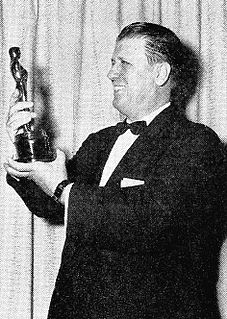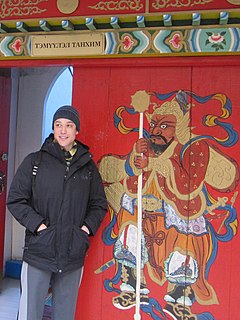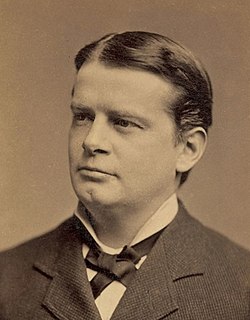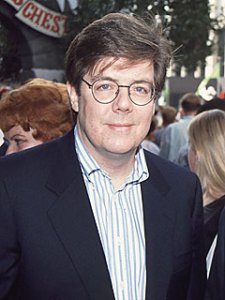A Quote by George Stevens
I was fascinated by all of it. The sounds of the theater and the audience, their rapture when a play took over and moved them and held them quietly... When the audience was truly moved, it was absolutely quiet. They were in a communion because they were learning the truth about themselves.
Related Quotes
I don't understand choreographers who say they don't care about the audience or that they would be happy to present their works non-publicly. I think dance is a form of communication and the goal is to dialogue with the audience. If an audience member tells me they cried or that the dance moved them to think about their own journey or a family member's, then the work is successful.
I have a lot of friends who were stand-ups, and they just stopped after a while, because they didn't like that battle, or they just couldn't do it. And then they would get on a sitcom and get visible and get back into it, because the audience was just way easier on them. But they lost those crucial years of learning to turn any audience into your audience.
To have a platform like So You Think You Can Dance, where you're reaching this audience that's been created over the 10 years that they've been on the air. People who didn't know anything about dance and aren't going to go to the theater are learning about it, even if it's ballroom and jazz, by just turning their television ono. They're building this audience that's advanced and educated enough to introduce them to ballet.
I like playing at public schools. I like when there's more of a diverse audience. I'll play wherever people want to hear my music, and I'll be glad and grateful for the opportunity, but I'd rather not play for a bunch of white privileged kids. I'm not meaning that in a disrespectful way; you go where people want to hear your music. So if that's where people want to hear me play, I'm glad to play for them. But I'd rather play for an audience where half of them were not into it than one where all of them were pretending to be into it, for fear of being uncultured.
I left my frogs, which I had grown, with my supervisor, who had moved to Geneva, and he and a technician grew them up. So by 1962, they were adults, and one could publish a paper to say that these animals, derived from nuclear transfer, really were absolutely normal. So it took a little time to get through.
I have a children's theater background, so I grew up performing for child audiences; it's sort of my specialty. I know the child audience pretty well - or felt like I did because I performed for them so much. I studied a lot about the child audience, about theater. So it was naturally a place that I gravitated to.
The audience. They see the name Mel Brooks, they want something really funny. They don't want to be moved; they don't want to be taught any lessons. [...] I get more letters for ?Twelve Chairs ?and ?Life Stinks? than I get from any other movies, because people actually agree with the philosophy, or were moved, or they love the movie.
In shape they were like horrible toads, and moved in a succession of springs, but in size they were of an incredible bulk, larger than the largest elephant. We had never before seen them save at night, and indeed they are nocturnal animals save when disturbed in their lairs, as these had been. We now stood amazed at the sight, for their blotched and warty skins were of a curious fish-like iridescence, and the sunlight struck them with an ever-varying rainbow bloom as they moved.
Quietly, Macey went through her options. Even though the masked men were asking for cell phones, the gunmen were making so much noise that she was sure someone had already called 911. The obvious exits were blocked, and the elevators had no doubt been disabled. The men moved with confidence and order, but they weren’t trying to be quiet. There was nothing covert at all about this operation. Unlike the boy beside her.
The audience does not need to tune themselves to you - you need to tune your message to fit them. Skilled presenting requires you to understand their hearts and minds and create a message to resonate with what's already there. Your audience will be significantly moved if you send a message that is tuned to their needs and desires. They might even quiver with enthusiasm and act in concert to create beautiful results.





































